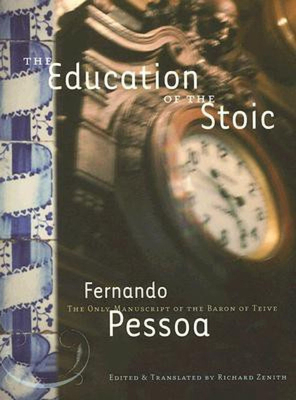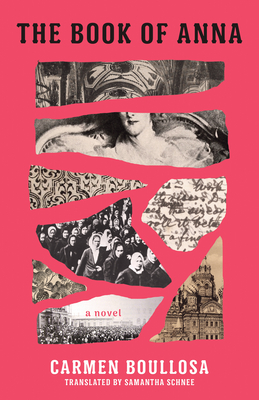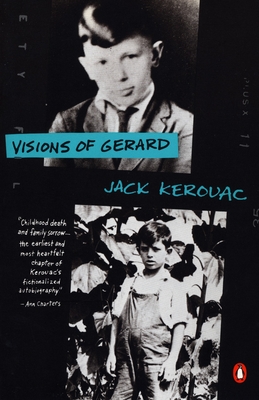
Pessoa, Fernando
"I transferred to Teive my speculations on certainty, which lunatics have in greater abundance than anyone." Portuguese author Fernando Pessoa (1888-1935) was a multitude of writers: his works were composed by "heteronyms," alter egos with distinct biographies, ideologies, influences, even horoscopes. The Education of the Stoic is the only work left by the Baron of Teive, who, having destroyed all his previous attempts at literary creation, and about to destroy himself, explains "the impossibility of producing superior art." The baron's manuscript is found in a hotel-room drawer--not unlike editor and translator Richard Zenith's own discovery, while conducting research in the Pessoa archives, of a small black notebook whose contents had never been transcribed. In it he found the missing pieces of this short but trenchant complement to Pessoa's major prose work, The Book of Disquiet. Pessoa himself noted that despite their dialectical differences, the middle-class author of The Book of Disquiet (assistant bookkeeper Bernardo Soares) and the aristocrat Teive, "are two instances of the very same phenomenon--an inability to adapt to real life."
"There are in Pessoa echoes of Beckett's exquisite boredom; the dark imaginings of Baudelaire (whom he loved); Melville's evasive confidence man; the dreamscapes of Borges" -Voice Literary Supplement "The humorist who never smiles and makes our blood run cold, the inventor of other poets and self-destroyer, the author of paradoxes clear as water, and like water, dizzying, the mysterious one who doesn't cultivate mystery, mysterious as the moon at noon, the taciturn ghost of the Portuguese midday--who is Pessoa?" -Octavio Paz






